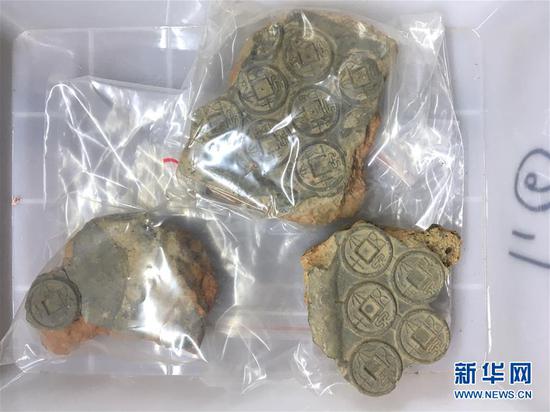A simple blood test can reliably detect signs of brain damage in people on the path to developing Alzheimer's disease even before they show signs of confusion and memory loss, a study from Washington University School of Medicine in St. Louis and the German Center for Neurodegenerative Diseases in Germany shows.
The researchers studied more than 400 people participating in the Dominantly Inherited Alzheimer's Network (DIAN) study, including 247 who carry an early-onset genetic variant and 162 of their unaffected relatives. Each participant had previously visited a DIAN clinic to give blood, undergo brain scans and complete cognitive tests. Roughly half had been evaluated more than once, typically about two to three years apart.
They found that in those with the faulty gene variant, protein levels were higher at baseline and rose over time. In contrast, protein levels were low and largely steady in people with the healthy form of the gene, and this difference was detectable 16 years before cognitive symptoms were expected to arise.
Moreover, when the researchers took a look at participants' brain scans, they found that the protein levels rose quickly in step with the speed at which the precuneus, a part of the brain involved in memory, thinned and shrank.
To find out whether protein blood levels could be used to predict cognitive decline, the researchers collected data on 39 people with disease-causing variants when they returned to the clinic an average of two years after their last visit, and found that people whose blood protein levels had previously risen rapidly were most likely to show signs of brain atrophy and diminished cognitive abilities when they revisited the clinic.
All kinds of neurological damage can cause the neurofilament light protein to spill out of neurons and into blood. Protein levels are high in people with Lewy body dementia and Huntington's disease.
"It will be important to confirm our findings in late-onset Alzheimer's disease and to define the time period over which neurofilament changes have to be assessed for optimal clinical predictability," said senior author Mathias Jucker, who leads the DIAN study in Germany.
The researchers may one day apply the findings to quickly and inexpensively identify brain damage in people with not just Alzheimer's disease but other neurodegenerative conditions such as multiple sclerosis, traumatic brain injury or stroke.
The findings were published Monday in Nature Medicine.


















































